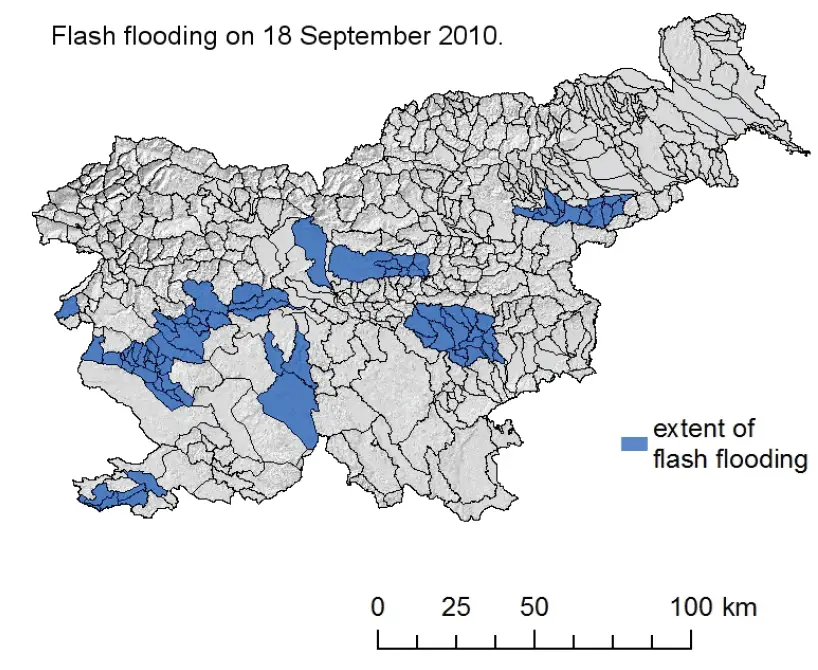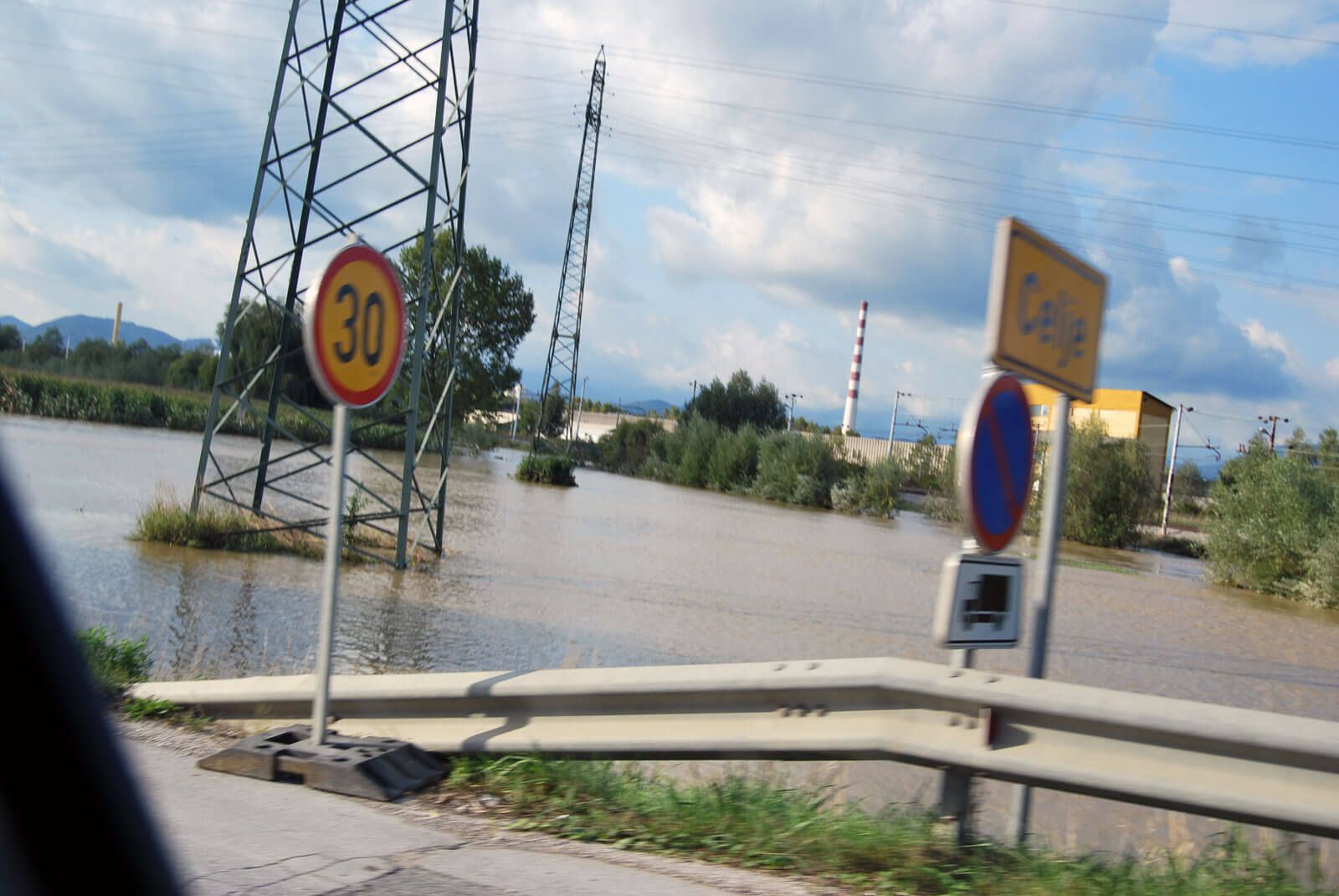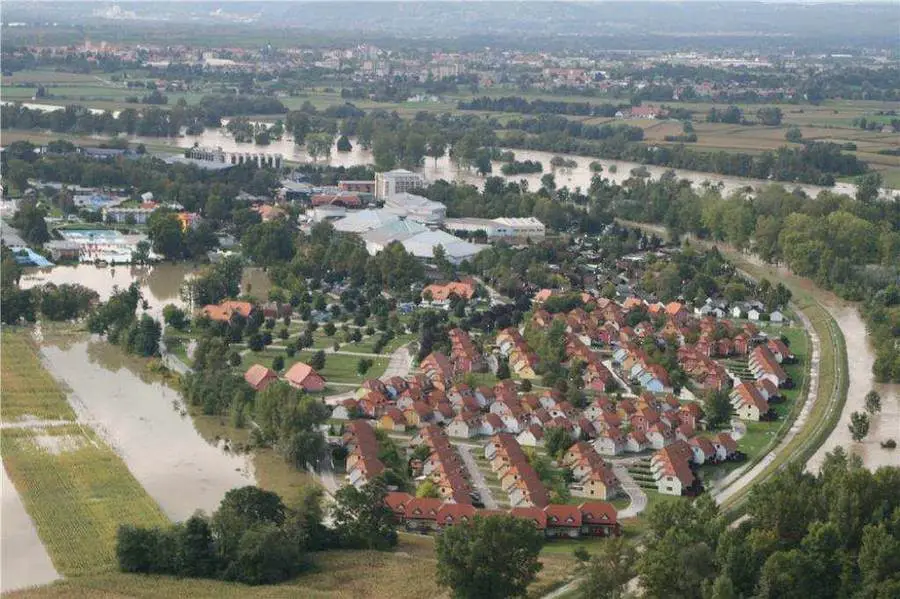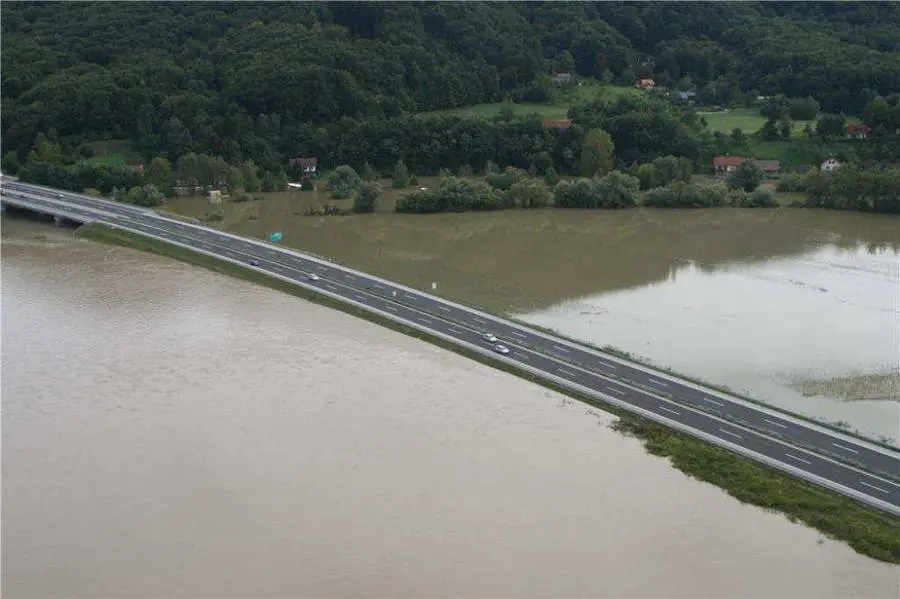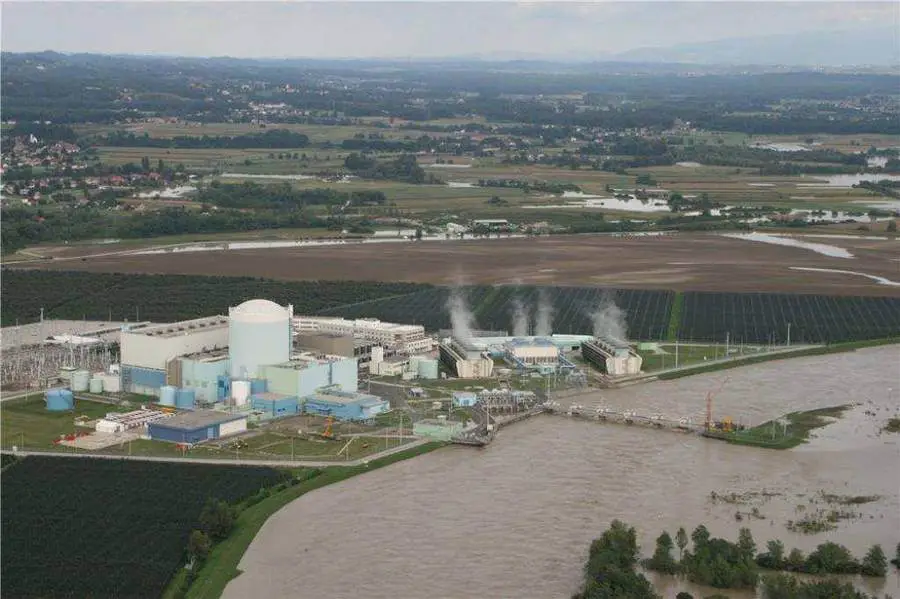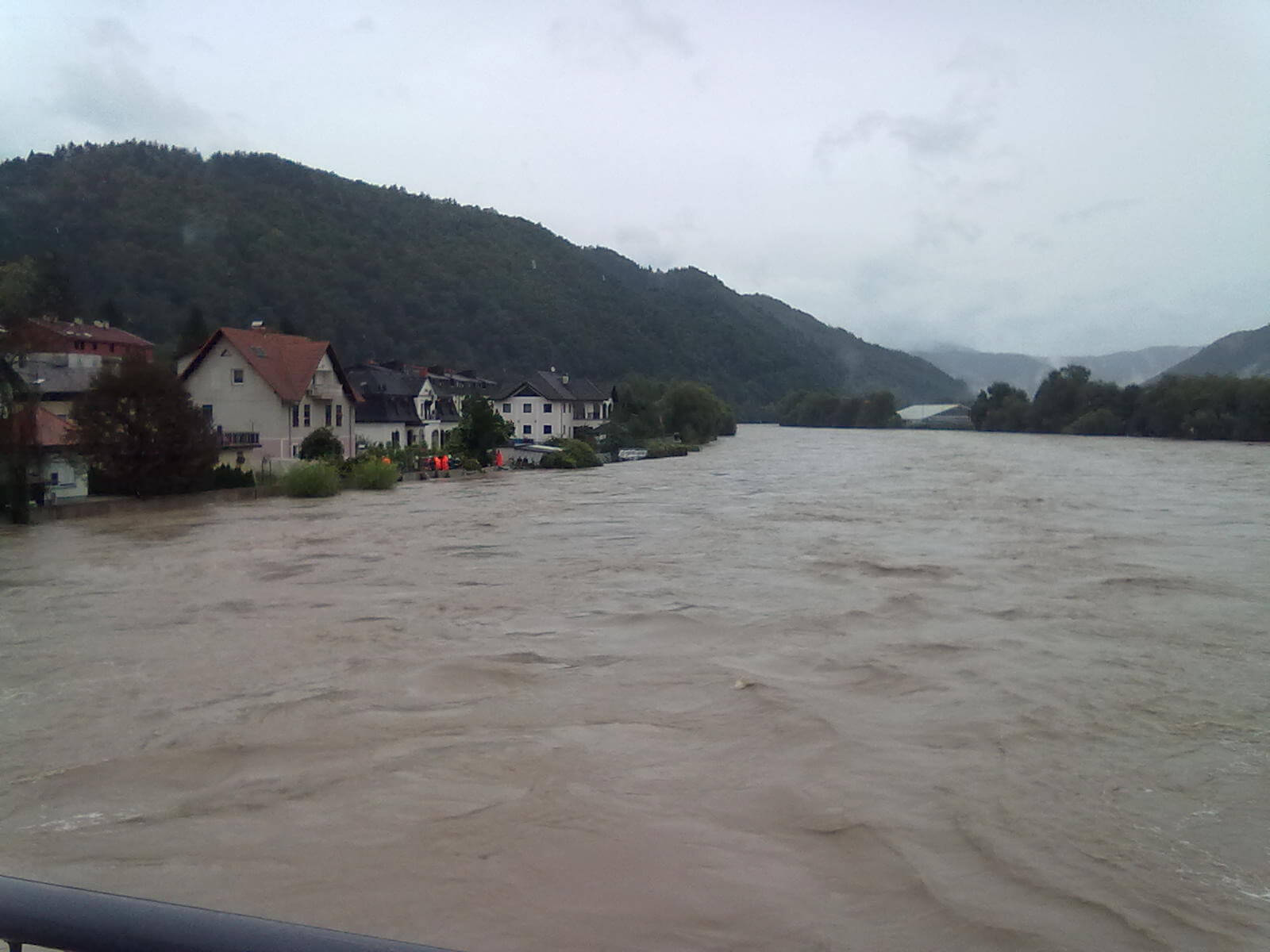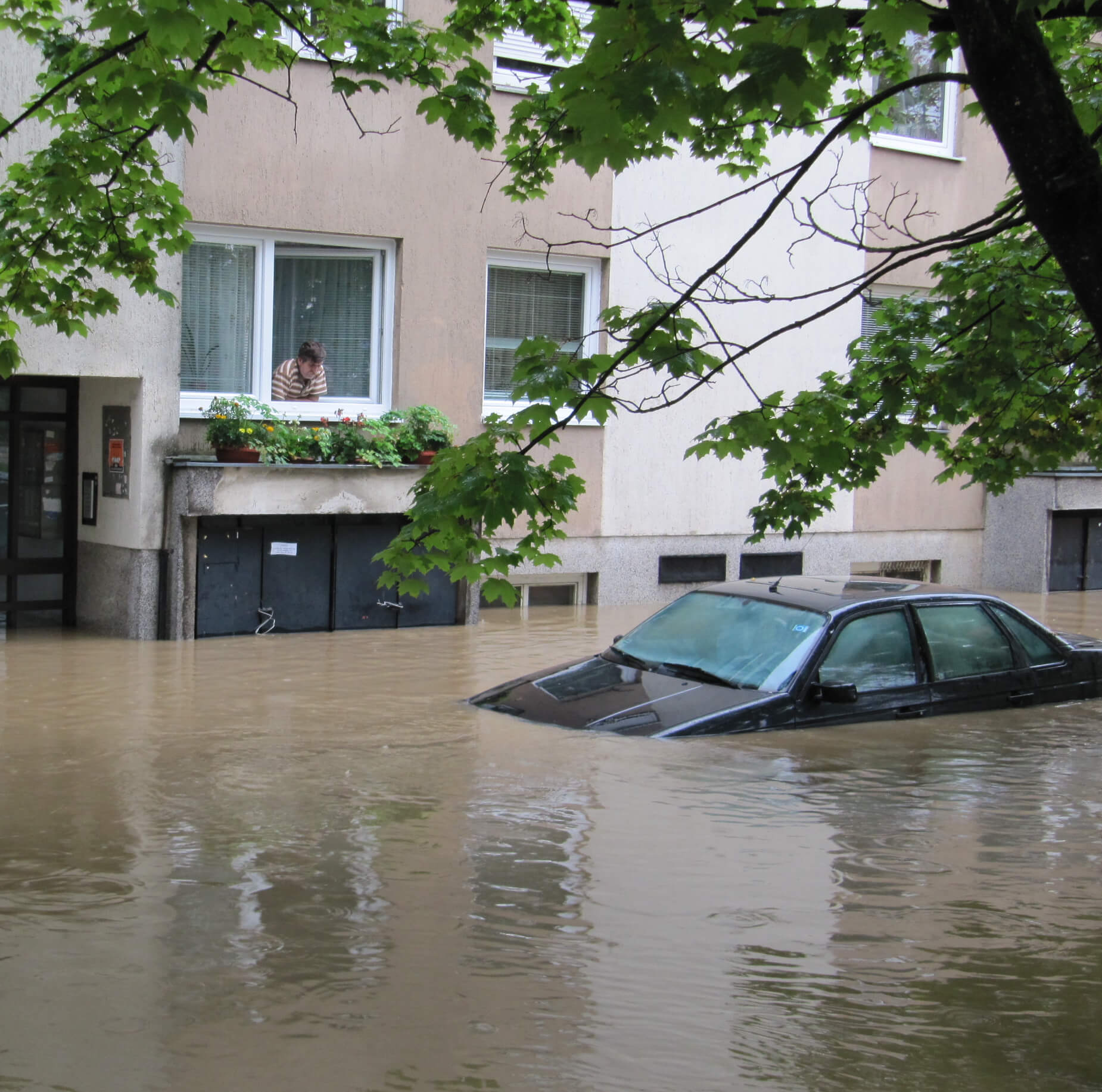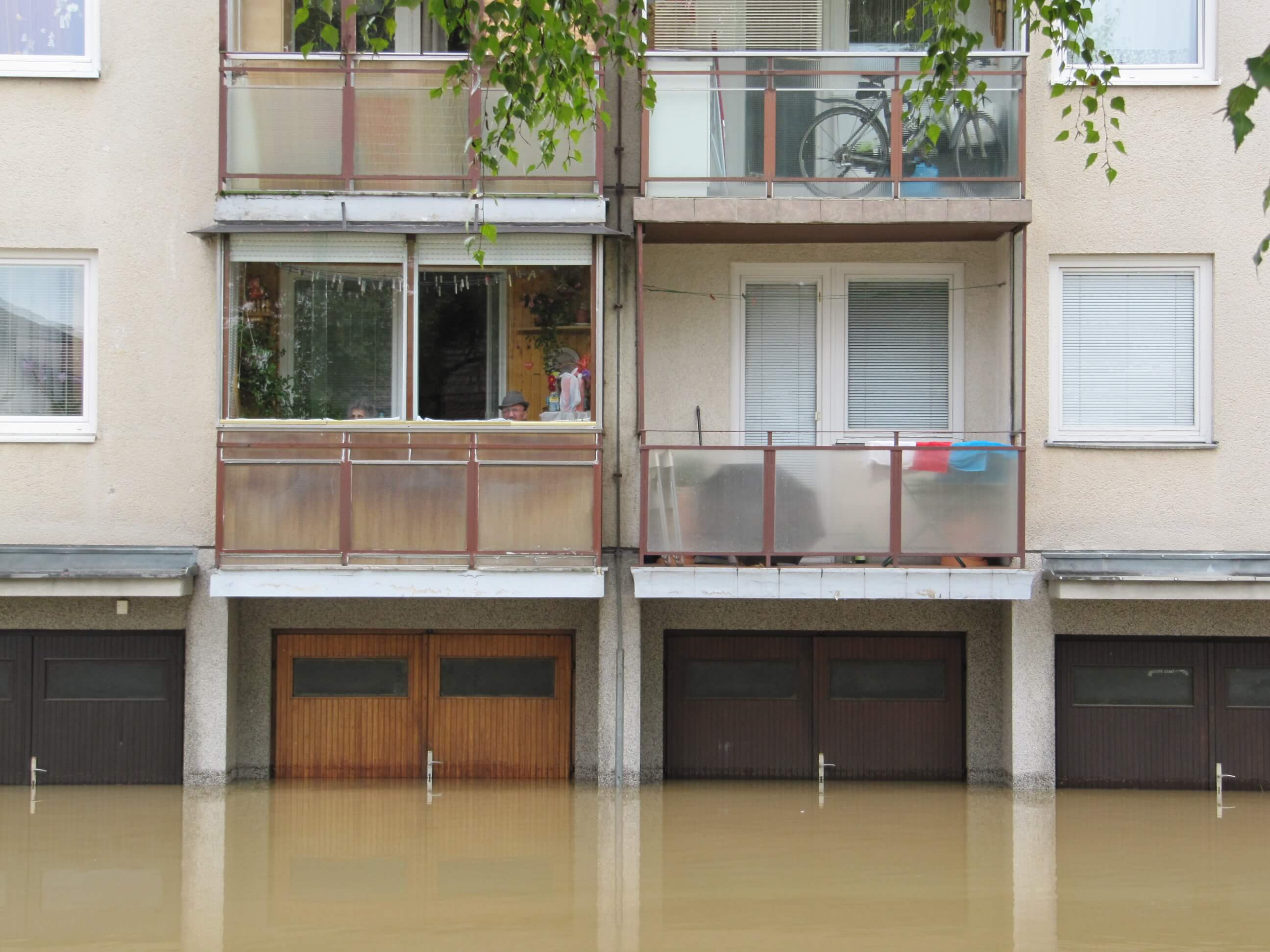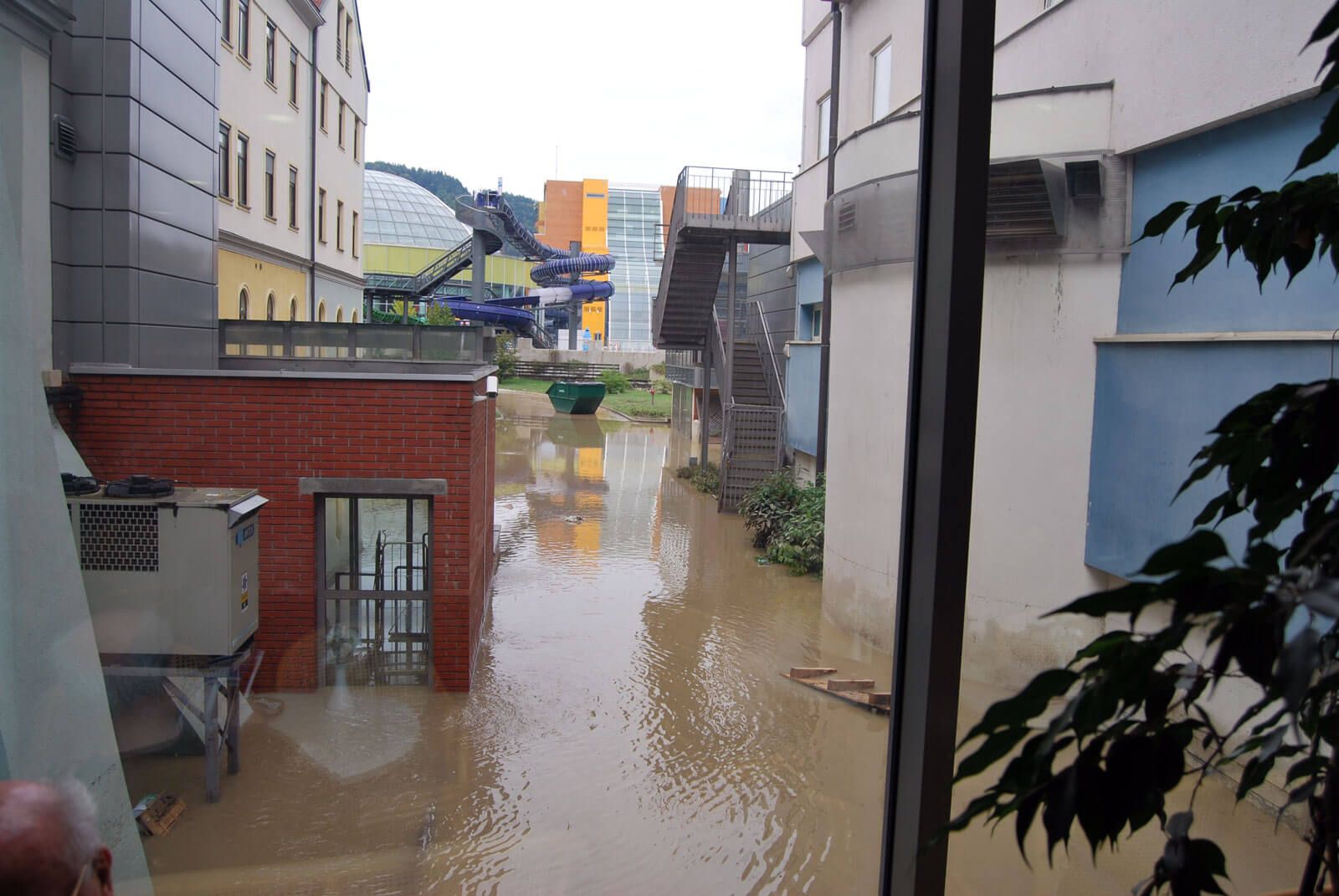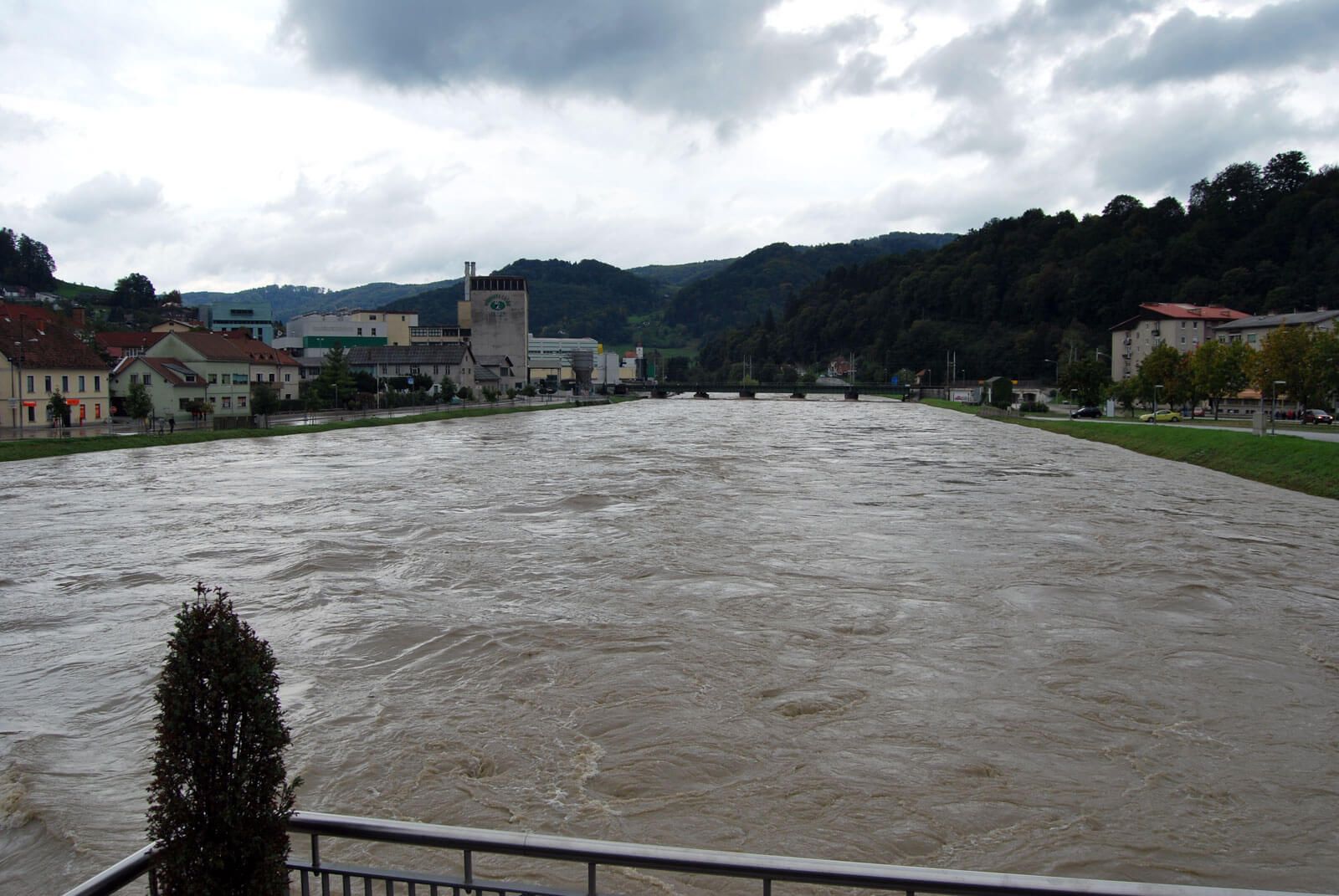Airport / Audit / Wizzair
STA, 12 October 2019 - The CEO of the company operating Ljubljana airport cannot say yet how its business will be affected by the collapse of the air carrier Adria Airways, but he did say in an interview run by the newspaper Dnevnik on Saturday that the airport would definitely bear consequences.
"It's hard to say how business will go until the end of the year. But there will certainly be consequences," Zmago Skobir, the CEO of Fraport Slovenija, told Dnevnik.
Adria Airways's collapse is affecting the airport in two ways; one through the carrier's past operations and the debts it left behind, and the other through the current loss of income.
Until the end of September this year the airport had been seeing 2% growth in passenger numbers; the throughput by foreign carriers was up by 18%, while Adria Airways's was down by 10%.
Out of the 29 links under the summer schedule, including Adria Airways's, eight have been lost. Slovenia currently does not have links to Sarajevo, Tirana, Prishtina, Sofia, Skopje, Prague, Copenhagen and Vienna. "I don't think this is a critical situation, we still have 21 links," said Skobir.
In the long run, he finds it unlikely that links will be re-established with Tirana and Prishtina because these do not affect Slovenia's economy or tourism.
Out of those vital to Slovenian business and tourism Skobir mentioned Skopje for which efforts will be made to re-establish a link.
Flights to Prague will likely be resumed by Czech Airlines, and a service to Copenhagen will be re-established sooner or later, said Skobir.
Commenting on the impact of Adria Airways's failure on the country, Skobir said the important thing "is that we are linked with the world in quality and competitive ways and that as many tourists as possible leave their money in the country".
The essential thing is not by whom but how much the country gets by way of investment and tourism, he said, adding that taxes and social contributions were of secondary importance.
It will transpire by June or July 2020 what interest foreign carriers have in Slovenia, only then would it make sense to look for alternative solutions.
"I wouldn't prioritise founding a new flag carrier. Especially, since no business scenario in Adria in the past fifteen years proved successful."
The links the government was willing to subsidise do not appear to be necessary at all. "But let's wait for the market to do its job first, before assessing, based on analysis, whether we need extra links."
The airport has been trying for years to attract carriers such as Qatar Airlines or Emirates, "and I believe we'll see the day when Qatar or Emirates arrive", Skobir said.
"The key question is whether Slovenia as a market is interesting for long, let's say trans-ocean links; my answer is probably not for a long while yet. The market size is essential," he added.
STA, 12 October 2019 - The parliamentary Finance Committee has decided to ask the Court of Audit to review the 2016 sale of Adria Airways to the German turnaround fund 4K, and to present its findings to parliament as soon as possible.
The decision was taken at a session late on Friday called by the opposition Left after the erstwhile Slovenian flag carrier declared insolvency and entered receivership at the start of the month.
Luka Mesec, the leader of the Left, noted that Slovenia Sovereign Holding (SSH) sold the airline to a fund whose capital, at EUR 25,000, equalled but a quarter of the symbolic sum it paid for Adria.
This was after more than EUR 90 million had been injected into the airline by the state in recapitalisations, plus EUR 3 million invested in the company upon privatisation.
"Given all that, you don't have to be a clairvoyant to predict a disaster," Mesec said, adding that he would like the institutions in charge to look into the sale and find answers for the present situation.
"As early as March pilots were warning of difficulties that would lead to the bankruptcy. However, the government didn't draw up any plan until September. Why did't you act," he challenged government officials.
He said that through the airline's bankruptcy Slovenia was losing not only its connections to the rest of the world and its competitive edge, but also a lot of expertise.
"I'm afraid dreams of a new airline are just a way for the government to throw sand in the eyes of the staff so they wouldn't have to face up to the fact that we've lost the air carrier."
SSH CEO Gabrijel Škof told MPs that Adria Airways had been on the brink of bankruptcy before the sale and that the buyer was supposed to make a turnaround.
He argued that the sale process was conducted in a professional and transparent way, and in adherence to international standards. All the bids were conditional on the seller being involved in recapitalisation.
"If we didn't sell it, Adria Airways would have likely gone into receivership at the time. The German fund submitted the best bid and recapitalised the company," Škof said.
He argued that the sale plus the EUR 3.2 million injection cost less than receivership would as the company had paid about EUR 10 million in the state budget a year in tax and social contributions.
Economy Ministry State Secretary Eva Štravs Podlogar said that alternatives were being studied how to fill the void created by the airline's bankruptcy, but could not present any details yet.
Andrej Šircelj, a deputy of the opposition Democrats (SDS), agreed that it should be scrutinised who was responsible for the company's demise, but disagreed with the idea the state should form a new airline.
He said that Adria Airways was clearly a company important for politics and its leverage in the economy. "The sale to such an owner was not a case of negligence but a premeditated act to bleed the company," fellow SDS member Franc Breznik commented.
Several MPs questioned the point of having a debate on the impact of privatisation after the company ended up in receivership. "Do you know what's this today? It's a wake," the Social Democrat (SD) Soniboj Knežak said, calling the session but a futile show for the public.
The problem of Adria Airways is economy of scale, which is an issue in Slovenia in other fields as well, said Jože Lenart of the Marjan Šarec List (LMŠ). "Add political interference in the economy, and we end up where we are."
STA, 12 October 2019 - The Hungarian low-cost carrier Wizzair will continue to fly between Ljubljana and Brussels in winter despite its initial decision to suspend flights for the 2019-20 winter season, Finance reports.
According to the online edition of the business newspaper, Wizzair will be operating flights between Ljubljana Jože Pučnik Airport and Brussels Charleroi Airport on Tuesdays, Thursdays and Saturdays from 19 December on.
Wizzair had initially planned suspending the link for the winter season because the route had not met its expectations. The carrier had planned to resume the flights on 31 March 2020.
Adria Airways, the German-owned Slovenian carrier which went into receivership on 2 October, had operated daily flights to Brussels.
In the wake of Adria's bankruptcy, the Belgian air carrier Brussels Airlines announced it would link Brussels and Ljubljana on six flights a week starting from 4 November.
Brussels Airlines, part of Lufthansa Group, had been flying between Brussels and Ljubljana a decade ago.
According to information on the website of Ljubljana Airport, the Lufthansa Group Airlines will be connecting the Zurich, Brussels, Munich and Frankfurt hubs with Ljubljana Airport as of mid-October.
SWISS will be operating five weekly services from Zurich to Ljubljana starting on 16 October. From October 27 onwards, the airline will be operating daily flights.
From its Frankfurt hub, Lufthansa will operate twice a day 14 weekly links to Ljubljana from 27 October when the winter schedule kicks in. Daily links to Lufthansa hub in Munich will follow as of 1 November.







